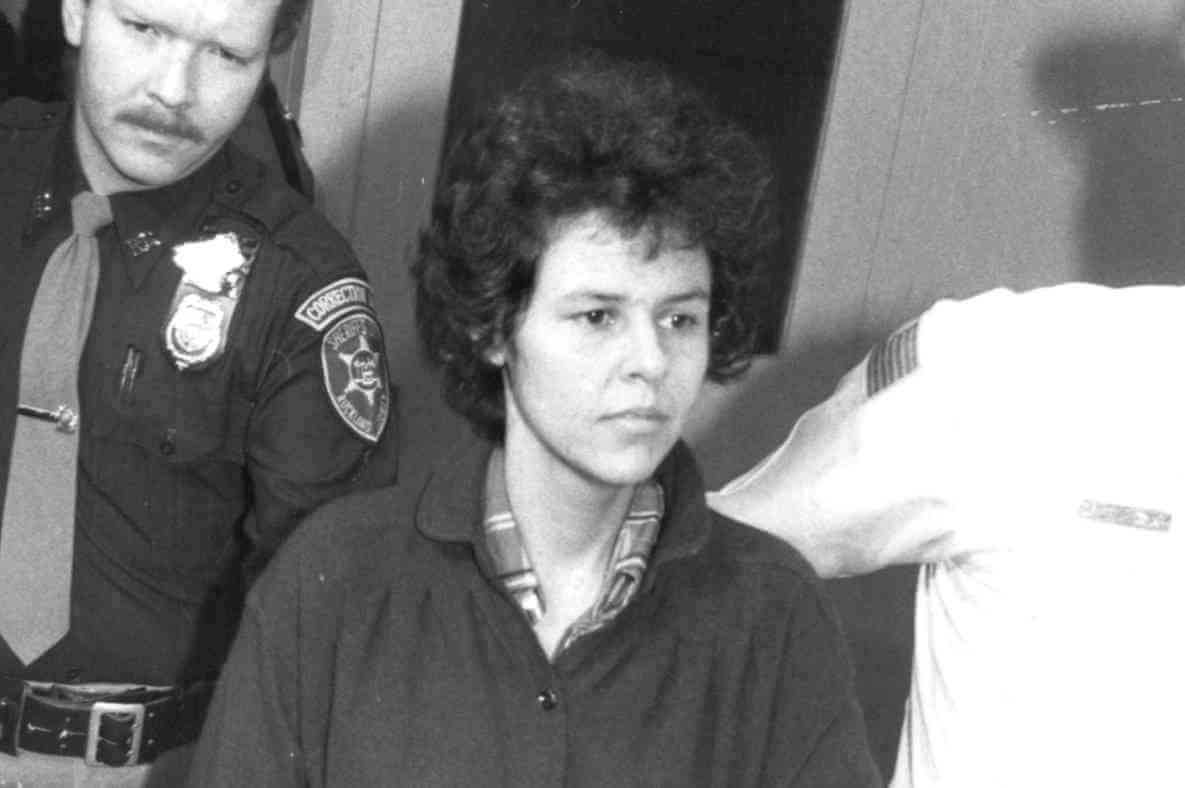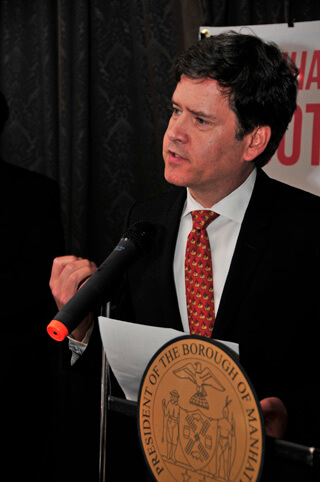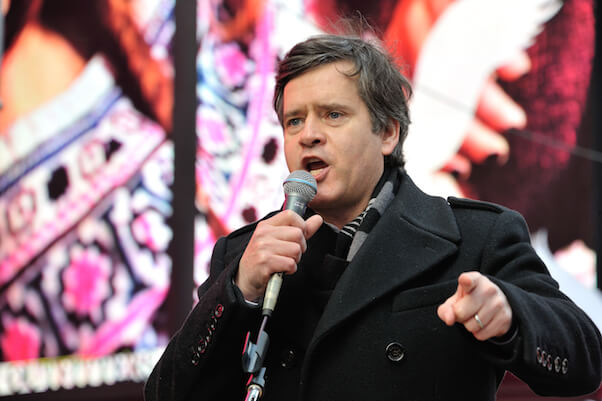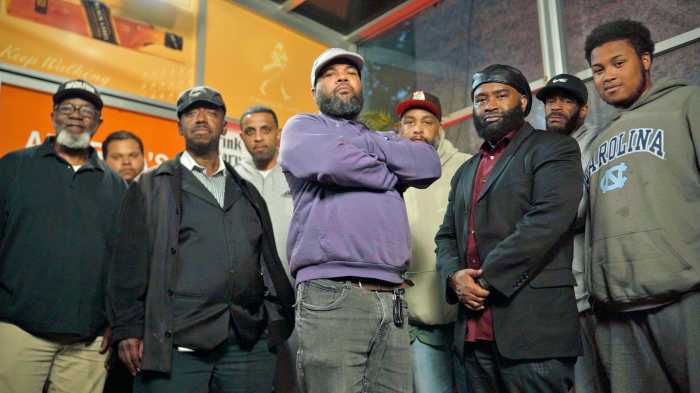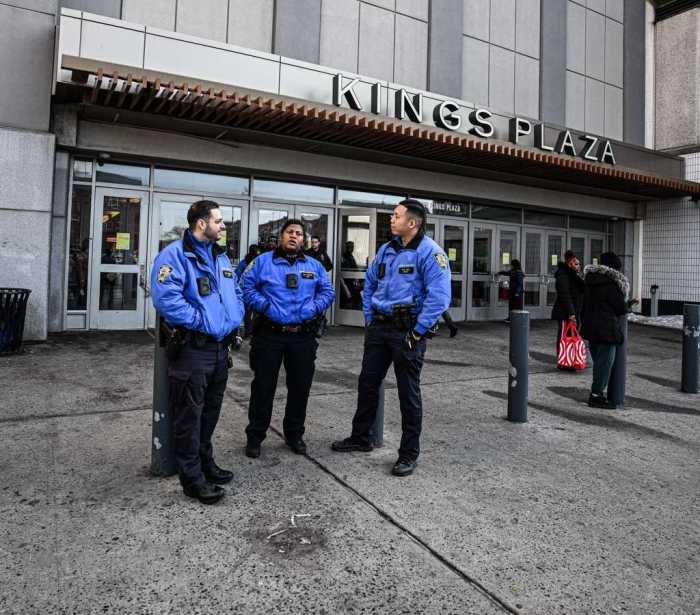Judith Clark, an out lesbian who has spent nearly four decades in prison for her role as an accomplice in a 1981 robbery that left a private guard and two police officers dead, has been granted parole.
Clark, now 69, was initially sentenced to the maximum penalty of 75 years to life behind bars after serving as the getaway driver during the deadly robbery of a Brink’s truck in Rockland County. She was a part of a radical group known as the Weather Underground, which carried out that heist.
The years-long campaign to grant Clark’s release on parole has been driven by her dedication to community service during what has been a 37-year stint behind bars. She trained service dogs and helped co-found the AIDS Counseling and Education Program to teach others about the epidemic. She has also mentored mothers and taught a variety of classes as part of a nursery program at the Bedford Hills Correctional Facility, where she has been held.
Clark also used her time in prison to further her education, having received a bachelor’s degree in 1990 and a master’s degree in 1993.
Clark’s public service work prompted Governor Andrew Cuomo in 2017 to commute her sentence to 35 years to life, making her eligible for parole. The parole board rejected Clark’s first shot at parole later that year, saying she was “still a symbol of violent and terroristic crime.” But on April 17, the board voted 2-1 to grant her parole after she presented a letter of support signed by more than 70 elected officials as well as statements from more than 2,000 people.
In a letter to Clark, the board stated that her release “should not be interpreted as mitigating the serious nature of your offense or in any way forgive your role,” but further noted that the release was granted in part because of her advanced age, time served, the community service she has performed in prison, her efforts to apologize to victims, and her disavowal of the violent political ideologies she embraced when she was younger. The board also stated she is not a high-risk prisoner and cited the numerous letters submitted in support of her release.
Steve Zeidman, an attorney representing Clark, told Gay City News one day after the decision that his client was feeling a sense of gratitude toward friends, family, Cuomo, the parole board, and supporters “who believed her spirits over the years.”
“It was important to get people to focus less on 1981 and more on who she is as a person,” Zeidman said. “The case was high-profile and what that had meant for so many years was that Judith Clark was destined to die in prison.”
Zeidman said Clark is tentatively slated to be released in mid-May. To his knowledge, there will be no special terms tied to her parole outside of the typical requirements associated with that kind of supervised release. Clark will stay with a friend and work at Hour Children, a Long Island City-based nonprofit organization dedicated to helping incarcerated and formerly incarcerated mothers and their families. That work, Zeidman noted, is closely tied to the community service Clark has performed behind bars.
“It’s a perfect fit for Judy Clark,” Zeidman said. “It serves a number of women. There are parenting programs, prenatal programs, and nursery programs”
The parole board’s decision elicited praise from advocates who have pointed to Clark’s dedication to community service and felt that her release was long overdue.
“Judith’s release has been a long time coming and is justice for elderly inmates,” said Allen Roskoff, who was a leading advocate for Clark’s release as founder of Candles for Clemency, a group founded under auspices of the LGBTQ Jim Owles Liberal Democratic Club that he leads. “The principles guiding our state’s criminal justice system are starting to shift, and today is truly a historic day. No one who has served their time, made a dramatic shift in their lives, and are positively contributing to their community should be left to die inside a prison cell.”
Police unions campaigned vigorously against efforts to grant parole for Clark, arguing that granting her freedom is insulting to the families of the slain officers. Following the news that she had been granted parole, Police Benevolent Association president Patrick Lynch blasted the parole board and said Clark is “a murderer and a terrorist.”
“Because of her actions, three families have been permanently deprived of husbands, fathers, and sons,” Lynch said. “Those families cannot escape their loss, but Judith Clark will be allowed to escape accountability for her crimes. That is not justice. The New York State Parole Board has proven once again that it does not value the rule of law or the sacrifices of the police officers who uphold those laws.”
The parole decision comes at a time when local politicians are pushing for legislation to open the door for seniors to become eligible for parole. Out gay State Senator Brad Hoylman of Manhattan is sponsoring a bill in Albany’s upper chamber that would require parole board hearings for those who have served at least 15 years and are 55 years of age or older. Queens State Assemblymember David Weprin is sponsoring that legislation in the Assembly.
“There are so many more Judith Clarks out there — elder, incarcerated New Yorkers who have honestly confronted their crimes, taken responsibility, served their time, and worked to change the path of their lives,” said Hoylman, who praised the board’s decision in Clark’s case. “Now we must work for their freedom, too.”

